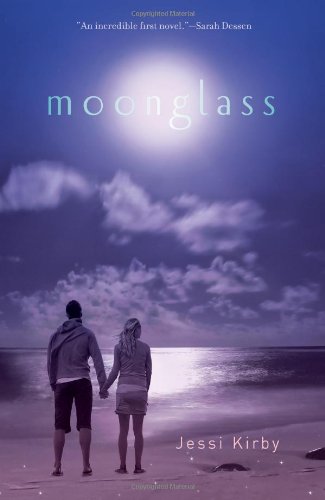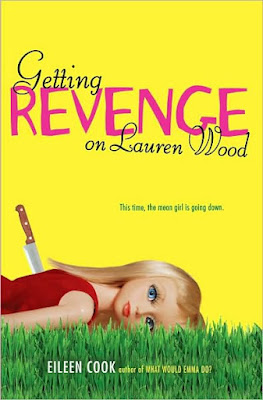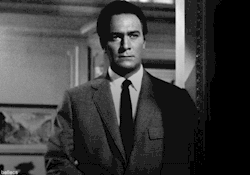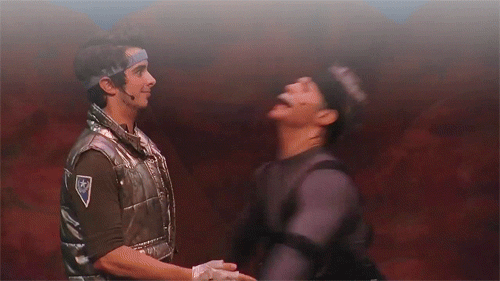Well, today’s the day. Not only is it Friday (weee!) it’s also the day we discuss our Fall Book Club pick, Miss Peregrine’s Home for Peculiar Children by Ransom Riggs. The description:
A mysterious island. An abandoned orphanage. A strange collection of very curious photographs. It all waits to be discovered in Miss Peregrine’s Home for Peculiar Children, an unforgettable novel that mixes fiction and photography in a thrilling reading experience.
As our story opens, a horrific family tragedy sets sixteen-year-old Jacob journeying to a remote island off the coast of Wales, where he discovers the crumbling ruins of Miss Peregrine’s Home for Peculiar Children. As Jacob explores its abandoned bedrooms and hallways, it becomes clear that the children were more than just peculiar. They may have been dangerous. They may have been quarantined on a deserted island for good reason. And somehow—impossible though it seems—they may still be alive. A spine-tingling fantasy illustrated with haunting vintage photography, Miss Peregrine’s Home for Peculiar Children will delight adults, teens, and anyone who relishes an adventure in the shadows.
Still, I love the cover and the title because each captures the eerie feel of the novel. Riggs does a great job of setting the mood, and not just with his prose: Most of the book takes place on a Welsh island that’s isolated and mostly covered in thick fog, rain, mud, and marshes. And then there’s the rotting corpse of an old house that used to be a home for these peculiar children. The haunting atmosphere on the island sets the stage for the otherworldly things Jacob stumbles upon.
But I’m getting ahead of myself, because there’s a whole lot of story that happens before Jacob and his father arrive at the island. And while it did set things up for Jacob’s quest by explaining his grandfather’s possibly true but probably made-up stories, it’s a bit long. For such a slow-moving set-up, we don’t spend much time with Jacob’s grandfather, which I would have liked.
That’s kind of how the whole book went: slow lead up, big discovery, slow lead up, fast-paced ending. Once we’re on the island, though, the story becomes much more interesting as we’re thrown into Jacob’s quest to find out more about the tales he heard as a kid and his quest to get to know his grandfather through the place where he grew up. I won’t go into the details of the plot since you’d all stone me, but I will say I enjoyed the twists and turns it took.
A s for the characters, well, I loved the grandfather. Which brings me back to my earlier statement: I wish we saw the old man alive for a bit longer. I also like Jacob. His internal tug-of-war—is he sane or insane; is his duty to his family or his grandfather’s heritage—makes you root for him, makes you want him to accomplish the mission that was his grandfather’s dying wish. As for the peculiar children, I liked how original their talents were. (I mean, c’mon, a boy who lets bees out of his mouth every time he opens it? So cool.) Even so, I wish some of the characters were a little more fleshed-out, that we got to spend more time getting to know them before the ending.
And that brings me to Emma, who we know better than any of the other peculiars. She’s a spitfire (and all but spits fire), tough and strong in the face of danger yet vulnerable emotionally. Her friendship with Jacob was so right, but then it becomes more and, um, I’m still not sure how I feel about it.
| One of those creeptastic photos |
The reason: Emma and Jacob’s grandfather were in love. (Like I said, I’m not going to explain too much of the plot but, yes, there’s time travel. Naturally.) I think I would have been more excited for them to get together if I didn’t have this little voice in my head saying, Excuse me, but didn’t she used to shag your grandfather? Okay, maybe it was a big voice that said, DUDE, YOU’RE MAKING OUT WITH YOUR GRANDFATHER’S GIRLFRIEND.
So there’s that.
Truthfully, it wasn’t so cringe-worthy that it made me dislike the book. (Either that makes me one twisted girl or Riggs did a good job walking the line between creepy and cute. Plus, Jacob mulls the situation over, so at least we know he’s not clueless.) In fact, I really liked the book. The ending was fast-paced and fun, and I can’t wait for the sequel. Although—be warned!—it did end with the dreaded cliffhanger. Sigh. Whatever, I’d want to read the next book anyway.
Oh, and one final tip: Buy the book. I mean, the book book, not the Nook* version. That’s what I did and the photos, which from all I’ve read about this novel are one of the best parts, aren’t very clear and any letters take 20 minute to read because the type is teensy and a bit blurry.
On a whole, this is the kind of book you want to read on a stormy day with a fire in front of you and thunder all around you.
So, what’d you think? Leave the link to your blog review below. Anyone curious about what other people thought of the book, go ahead and jump from blog to blog!
*I’ve read reviews that say the problem is the same on the Kindle, though I didn’t read it there so you’re free to try your luck.






































